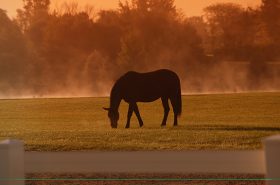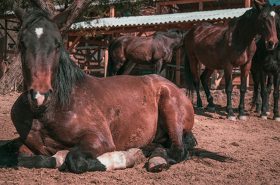Most people turn their noses up at the sight of weeds in their yard or pasture, immediately setting out to spray or mow them down. But before doing that, you might want to determine exactly what type of plants they are. Believe it or not, some weeds are actually beneficial for horses!
While they may not be the most sightly plants around, the following “weeds” contain nutritional and/or therapeutic properties:
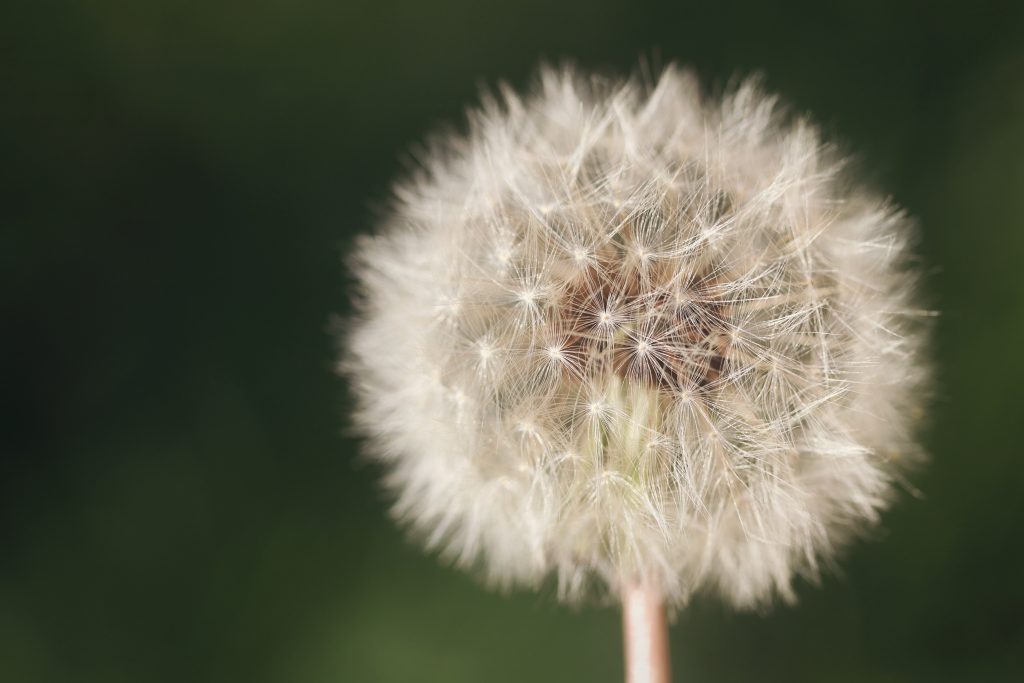
Dandelion: Rich and vitamins A, B, C, and D, as well as many minerals, this weed is very nutritious for horses (and us!). In fact, every part of the dandelion is edible. Dandelion can also be considered medicinal since it possesses both blood cleansing and diuretic properties.
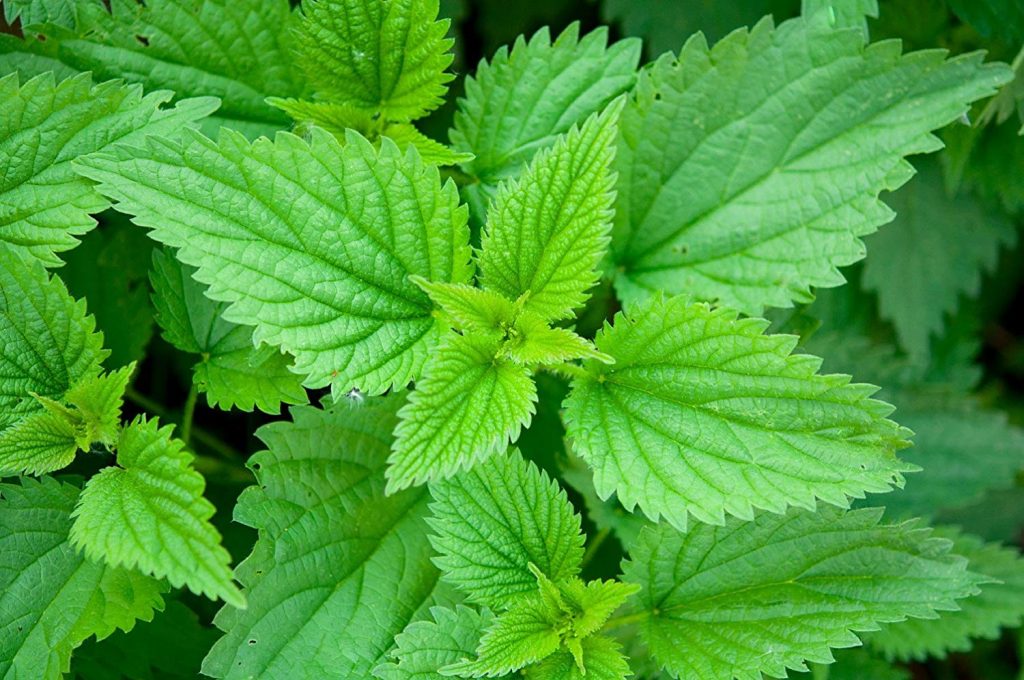
Nettle: Live nettle plants have tiny hair-like structures that sting (that’s why they’re often called stinging nettle), but once this plant is cut and dried, it loses its sting and can safely be consumed. Nettle is high in vitamin C, iron, calcium, and potassium. It’s also considered a tonic and blood cleanser, which can help with conditions such as sweet itch or other skin disorders.
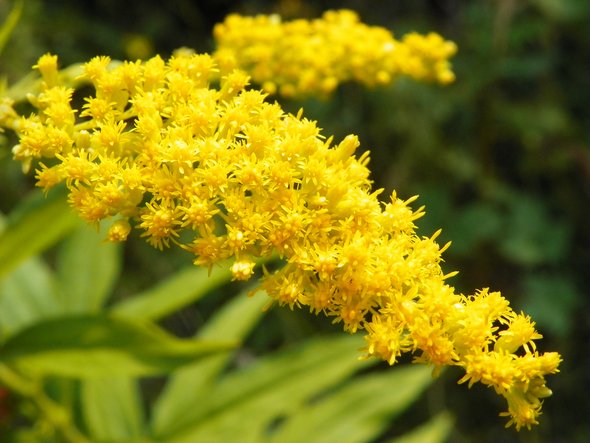
Goldenrod: Though not the prettiest flowering plant you’ll ever see, goldenrod contains essential oils which can be helpful for horses with diminished appetite or digestive issues. This weed can also benefit horses with arthritis and conditions the hair coat.
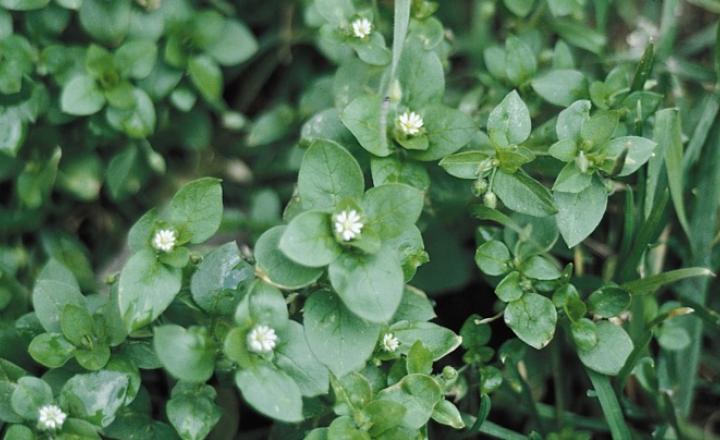
Chickweed: Containing vitamins C, D, B6, B12, beta-carotene, magnesium, potassium, calcium, iron, zinc, and phosphorus, chickweed is another great weed to feed!
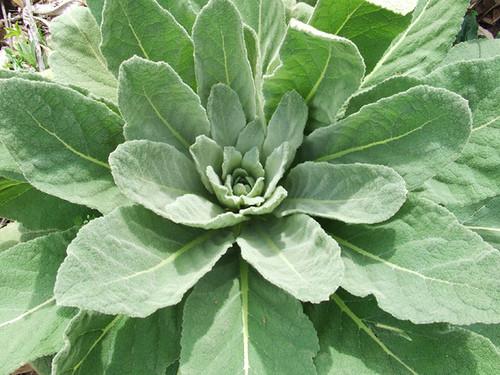
Mullein: Originally from Europe and Asia, mullein can now be found in many parts of the U.S. While some might consider mullein an unsightly weed, it happens to be a great herb for lung conditions, including seasonal allergies and coughs.
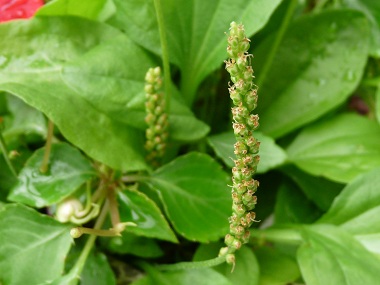
Broad Leaf Plantain: Plentiful in potassium, calcium, and sulfur, broad leaf plantain also contains vitamin K. Additionally, chopped or mashed fresh leaves can be used to treat insect bites and stings.
When it comes to weeds, appearances can definitely be deceiving. The above are just a few examples of beneficial weeds you can feed to your horse. Feel free to share any others you know of in the comments section below!
**Casie Bazay is a freelance and young adult writer, as well as an owner/barefoot trimmer and certified equine acupressure practitioner. She hosts the blog, The Naturally Healthy Horse, where she regularly shares information on barefoot, equine nutrition, and holistic horse health. Once an avid barrel racer, Casie now enjoys just giving back to the horses who have given her so much. Follow Casie at www.casiebazay.com.


